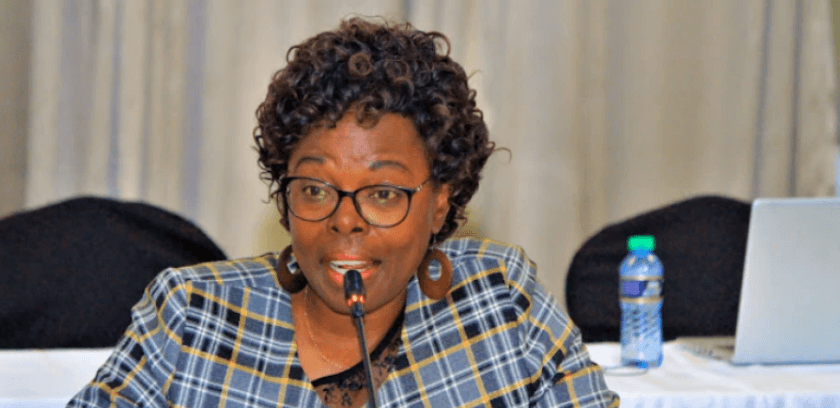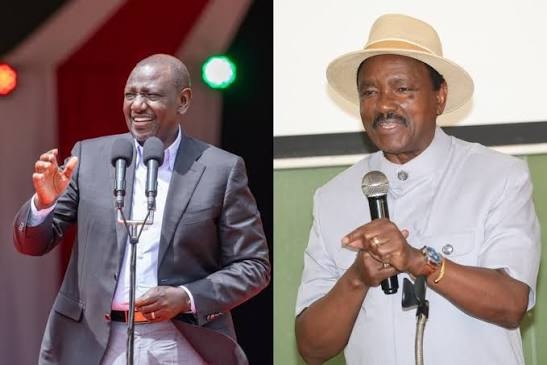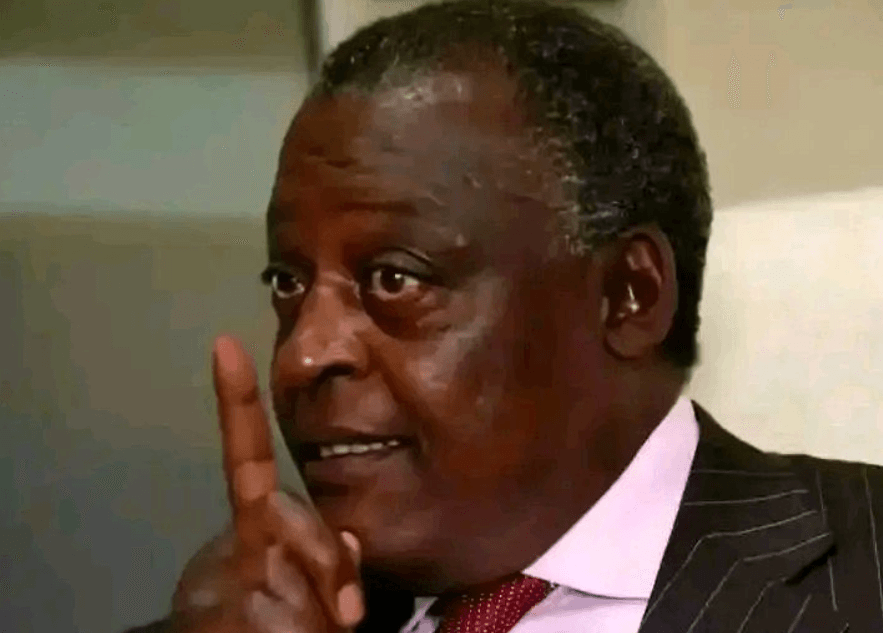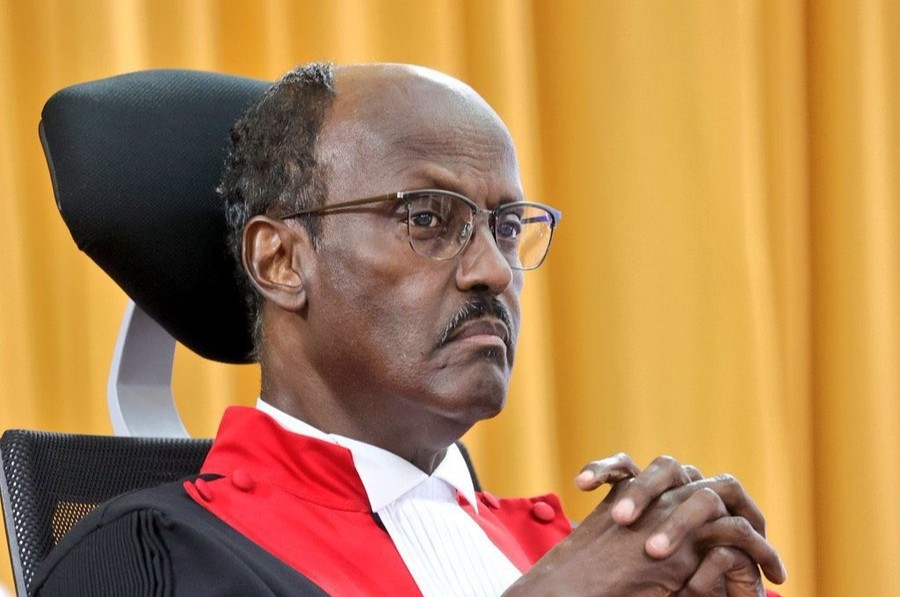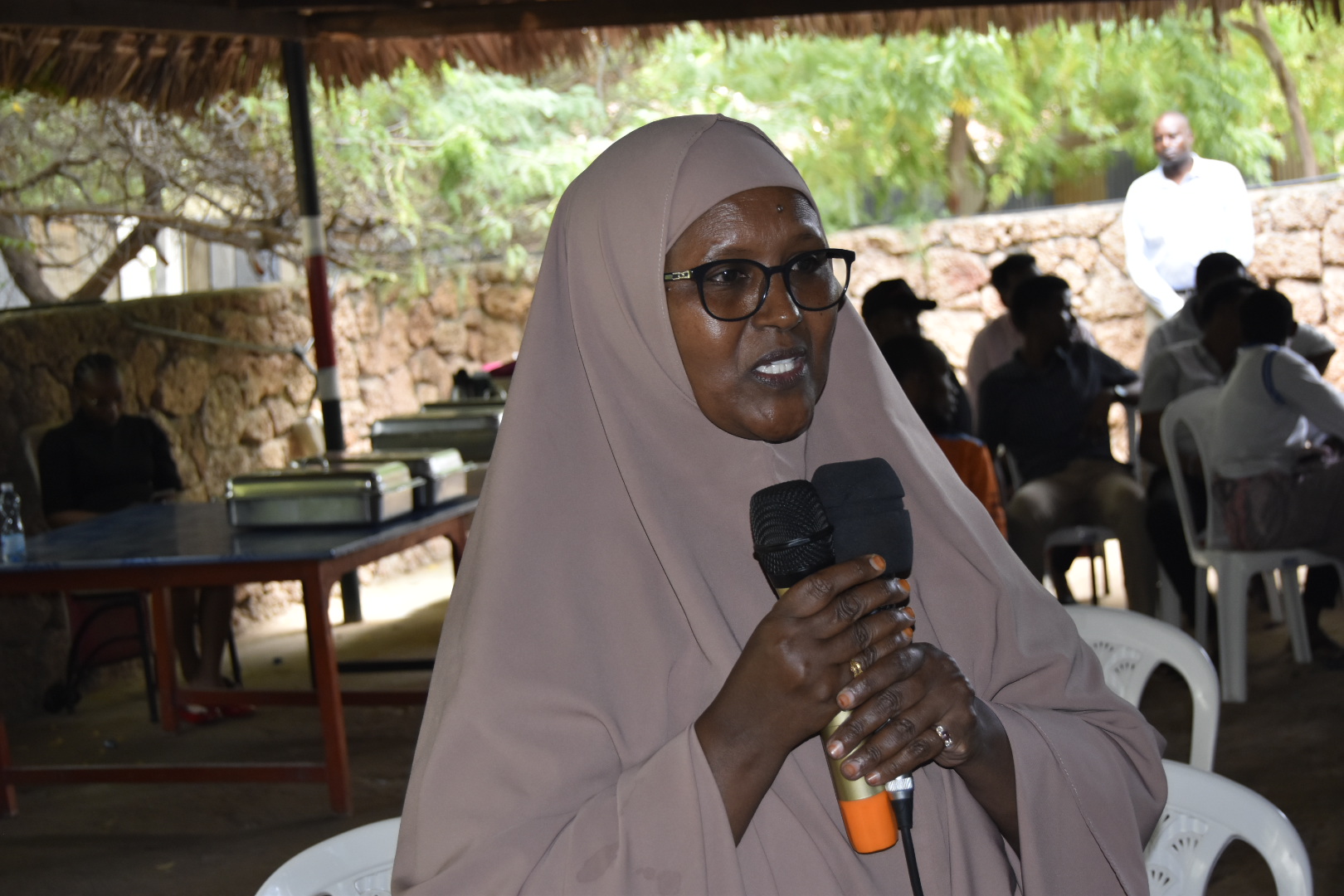
Human rights advocates in Garissa are calling for a comprehensive and collaborative approach to tackle gender-based violence (GBV), which remains a deeply entrenched challenge in the county.
The call came during a stakeholders’ forum hosted at the Garissa Government Guest House, organized by the Technical Working Group on GBV and chaired by Dr. Bashir Isack.
The forum brought together civil society groups, government officials, and community leaders to review GBV trends and propose actionable solutions.
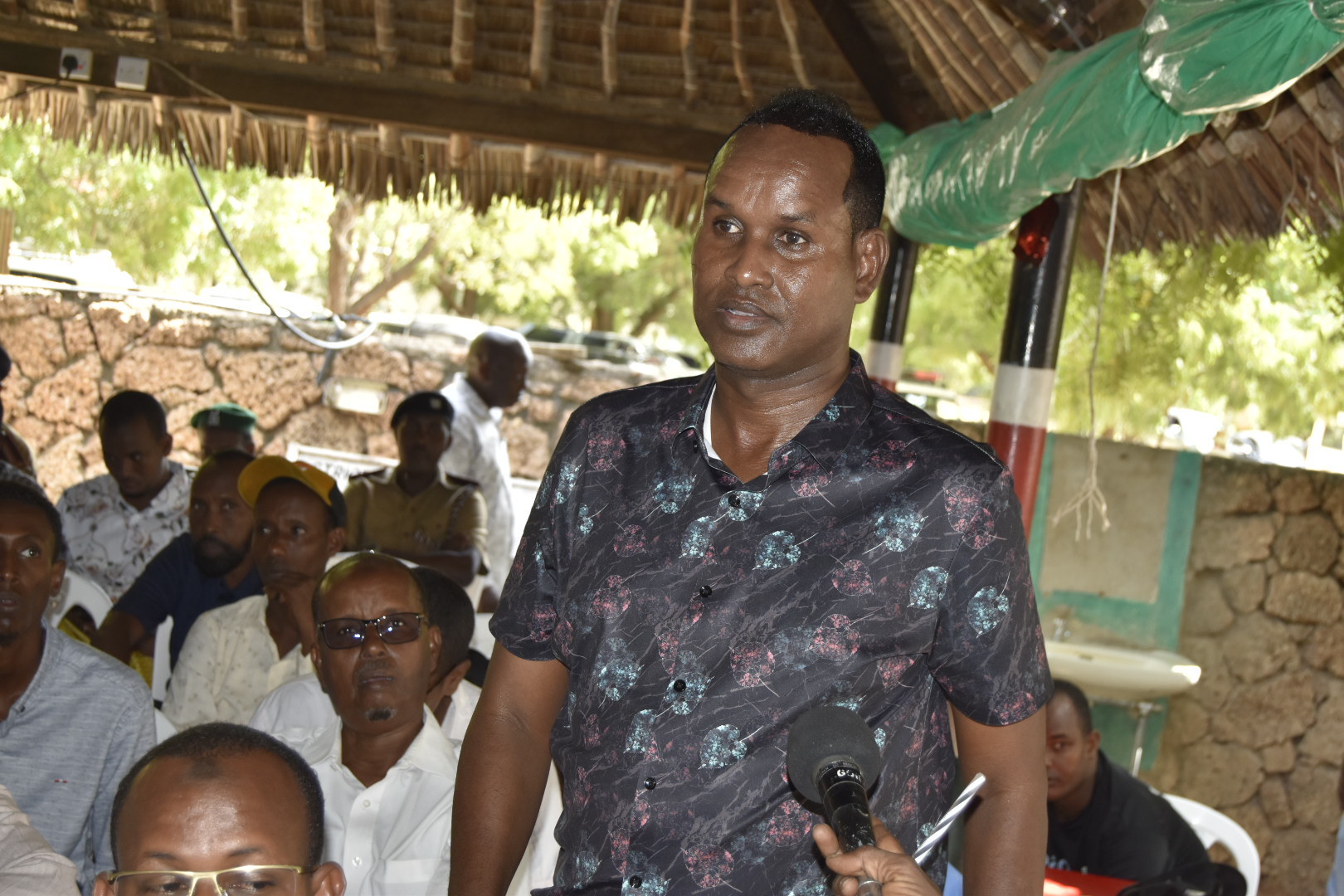
These include harmful traditional practices, the impact of climate change and food insecurity, the mobility of pastoralist communities, conflict and insecurity, limited access to education and economic opportunities, and the influence of alternative justice systems.
Khalif Nunde, a representative from the civil society network, emphasized the need for structural and cultural reforms.
“To effectively address gender issues and GBV, especially in Garissa, we must strengthen legal frameworks, improve enforcement, and promote gender equality in education and economic spaces,” he said.
Nunde noted that harmful practices such as Female Genital Mutilation (FGM) and early or forced marriages remain widespread in the county.
“These practices are rooted in cultural beliefs and often seen as means of securing marriageability and economic stability for girls in challenging environments,” he explained.
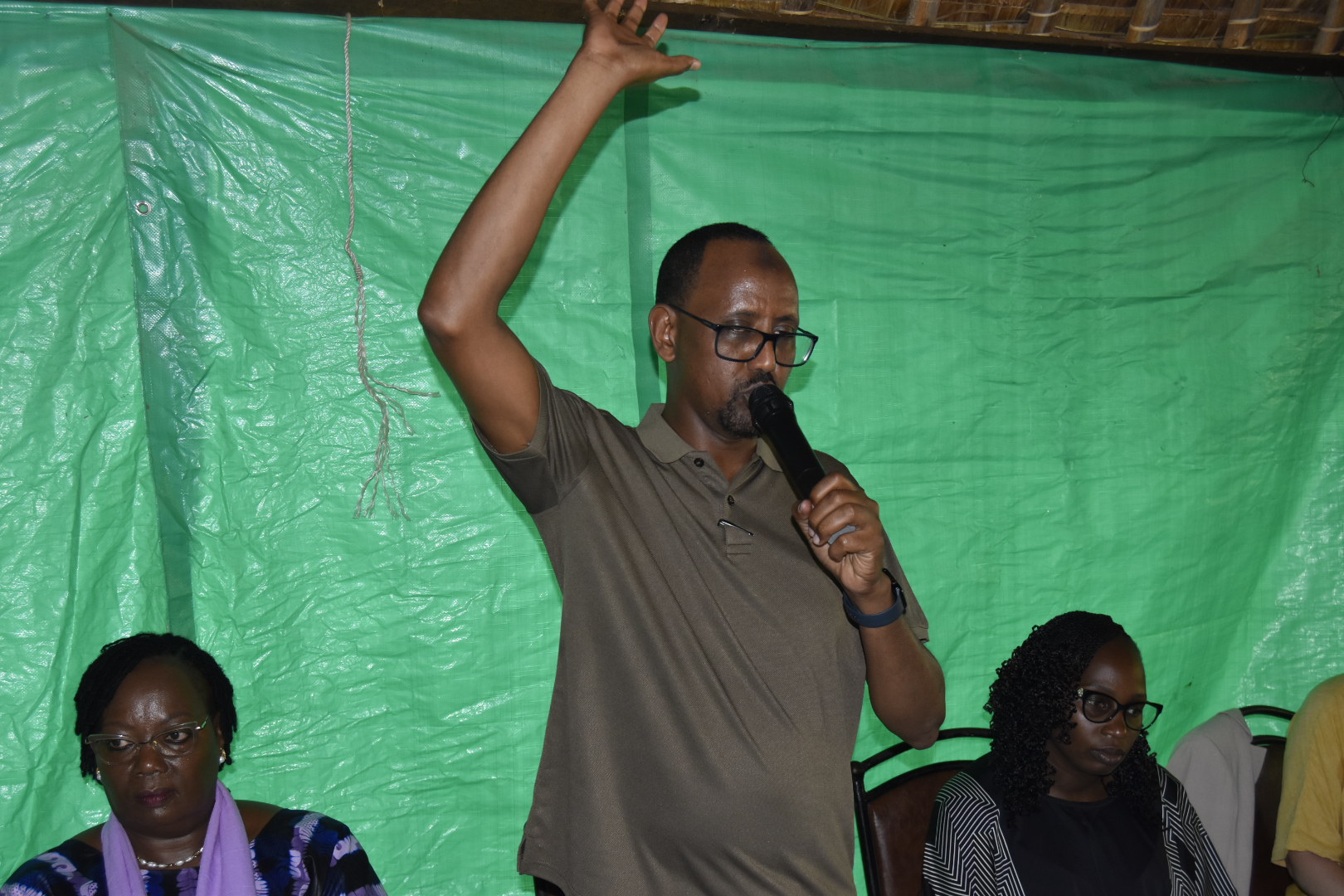
“We need to involve community and religious leaders in prevention efforts, address emerging forms of GBV such as gang rape and sodomy, and integrate HIV/GBV awareness campaigns. Expanding access to justice, increasing women’s political participation, and addressing online GBV must also be prioritized.”
Girl-child rights advocate Zeinab Mohamed raised concerns about the role of traditional justice systems in handling GBV cases, particularly Maslah courts.
“Their involvement needs close scrutiny to ensure they don’t perpetuate impunity or undermine survivors' rights,” she said.
Mohamed called for clear guidelines and vetting of elders involved in alternative dispute resolution mechanisms.
Muktar Dahir, another participant, underscored the importance of tailoring interventions to local contexts.
“We need continuous monitoring, evaluation, and adaptation of our strategies. Community-led initiatives and culturally sensitive programs are essential in challenging patriarchal norms and ending harmful traditional practices.”
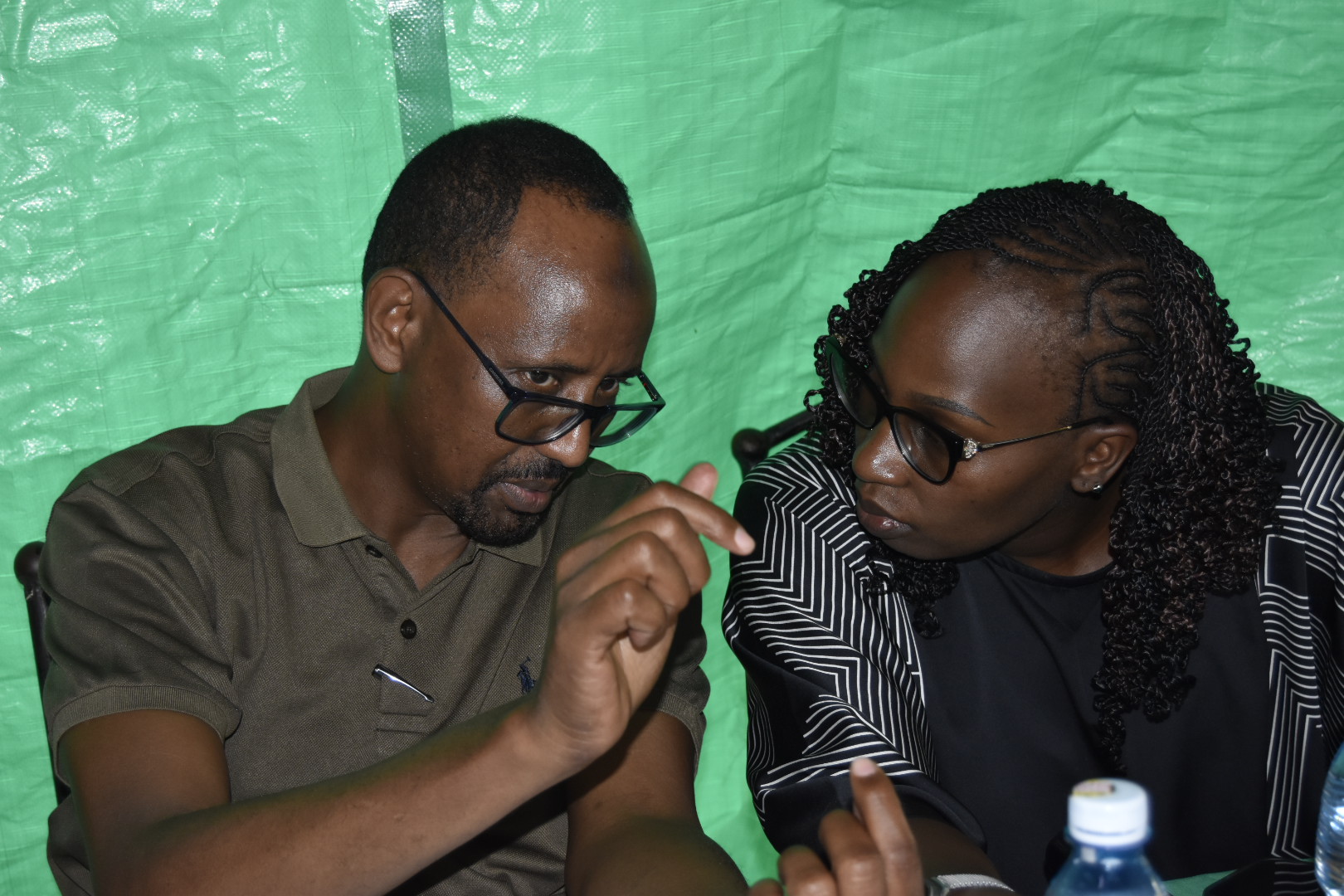
“Deliberate interventions involving elders, religious leaders, and local influencers can help eliminate FGM and early marriage in a sustainable and respectful way.”
During the meeting, the Civil Society Organization presented a detailed memorandum outlining the current gender challenges in the region.
Sala, a representative of the group, warned that the rising trends in GBV and emerging concerns should alarm all Kenyans.
“Addressing these issues requires urgent, united action from all sectors if we are to achieve true gender equality and end GBV,” she said.
While acknowledging Kenya’s progress in embedding gender equality into its Constitution and legal systems, many speakers pointed out that entrenched socio-cultural beliefs, economic disparities, and poor implementation of laws continue to undermine these gains.
The forum also acknowledged recent efforts by the national government to respond to GBV. In a Kenya Gazette Notice No. 109 dated January 10, 2025, the President appointed a Technical Working Group on GBV and Femicide to review existing frameworks and recommend improvements to Kenya’s institutional response to gender-based violence.
The term of this working group was extended under Gazette Notice No. 5047 of April 25, 2025, signaling continued commitment at the national level to address these persistent challenges.
As discussions concluded, one message rang clear: real change will only come through unity of purpose and deliberate, sustained action across communities, institutions, and government.







